Profile: Charity director reveals how singing can transform older people's lives
Composer and organist, Adrian Bawtree, has been involved with the charity Sing For Your Life, for 10 years and during that time, he has witnessed a growing realisation of the immense power of music by both academics and care professionals.
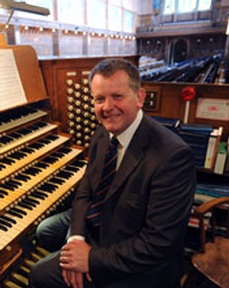
He is currently creative director of the charity, which runs Silver Song Clubs in the community at day centres, community halls, hospitals and care homes.
The charity, which began in 2005, works to boost the wellbeing and health of older people using participatory musical activities, particularly singing.
Silver Song Clubs
It does this through its Silver Song Clubs and there are currently around 15 of these in the UK.
“Funding is a big issue for us,” says Mr Bawtree, “as we like to offer the clubs free to participants and they have to be led by a qualified musician. The Silver Song Clubs are run very professionally so they are an expensive intervention”.
The Silver Song Clubs can work with as few as eight to 12 people but they can be for very large groups of people as well. Mr Bawtree runs one and has a regular group of over 60 people.
He is a passionate advocate of the power of music and says its power is increased even more when people actually participate.
“There is a big difference between just putting on a CD and actually singing a song. When you sing you are using your lungs and you are accessing parts of your brain that you may not have accessed since you were a child. This is when musical intervention is most effective,” he says.
“We want to get across to people the extraordinary story of how singing can transform people’s lives not just emotionally but physiologically too.
“Research shows that people living with dementia can often remember the words of songs even though they have trouble remembering how to tie their shoelaces.
“There is even research to show that if people with COPD start singing you can see an improvement in what is left of their lungs.”
He adds: “It is wonderful that music and singing in particular has this power and can have such an effect. It is amazing what music can do.
“Music has become very performance oriented but being in a Silver Song Club is not about the perfect performance. It is about interacting with people and not being worried about the result.”
Silver Song Club Music Box
Due to the Silver Song Clubs being expensive to run, the charity has designed the Silver Song Club Music Box as it wanted people to benefit from participatory singing.
“It means that people can run Silver Song Activity who don’t have to have a formal musical background, they can just be activity coordinators. The Music Box allows the operator to change the pitch and speed of the music and the words can be displayed on a television set like karaoke and you can put pictures up as well and do reminiscence work,” explains Mr Bawtree.
The charity has already sold over a hundred music boxes.
“It is our first attempt at working with technology. They are used in a lot of care homes and you can even take them into the resident’s room if they find it hard to get about.”
Kent & Medway NHS Partnership Trust recently carried out a study on the benefits of the Silver Song Club Music Box on people in an acute hospital ward.
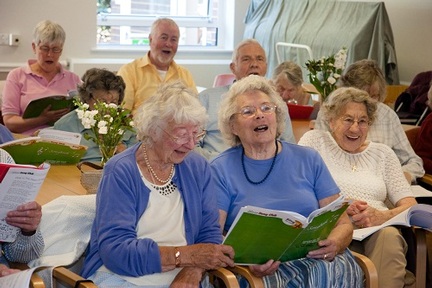
The study into ‘the benefit of participatory singing as an activity for people living with dementia and other age related long term conditions’ found something quite remarkable - that the participatory singing sessions had caused levels of challenging behaviour to fall by 50 per cent.
The sessions also enhanced carers’ ability to provide person-to-person centred care and to learn more about their patients and led to increased social interaction.
It was also noted by staff and relatives how the ward atmosphere changed and relatives were moved to see their often ‘locked-in’ family member enjoying themselves and remembering old songs.
For many, the Silver Song Club Music Box encouraged them to communicate for the first time in many years. The lessons learnt from the research indicates that the regular provision of singing activities can have significant impact on wellbeing and reduces levels of risk to patients and staff significantly.
Singing helps people with dementia to communicate
“Once again, medical research has proved that participatory singing is an intervention which will assist a person with dementia to communicate. They might not sing, but they are likely to interact in some way to the music which is a positive experience for them. A moment of lucidity and calm,” explains Stuart Brown, founder of Sing For Your Life.
Since the trial, Kent and Medway NHS Partnership Trust has purchased four Silver Song Club Music Boxes.
Mr Bawtree admits that he too was surprised at the power of music to lessen aggression. “I realised that music is good for health and wellbeing but I didn’t realise it would have that impact. Staff have used the music box as a distraction. It has empowered staff as they have been able to intervene in a creative way. It has increased their enjoyment of work as well.
“I haven’t been surprised that music can change behaviour. It is more the extent it can change behaviour.”
The charity is currently carrying out more research in Slough and although it has not yet concluded, researchers have already noticed “that those who have participating in the singing programme have been putting on weight as they have been eating more as they are happier”.
Sing For Your Life is in the process of producing music programmes for people in the UK who speak Nepalese and Punjabi.
“There is a large Gurkha and Hindu community in the UK. We have already run some Punjabi Silver Song Clubs. There are obviously massive challenges to doing this as Nepalese and Punjabi people have a very different musical language and a lot of their traditional music is not written down. There has been a lot of interest in it and particularly because the older people want to pass it down to their children and have it recorded,” says Mr Bawtree.
In terms of the future, the charity is going to investigate how it can link its singing club work with TV and tablet technology. “We have already developed a Sing for Your Life app which is our first step” - https://itunes.apple.com/us/app/singforyourlife/idd777821820.
Sing For Your Life is also currently waiting to hear the outcome of a Government grant application, which, if successful, will support the national expansion of the Silver Song Club network to all UK regions.
Interesting Facts
First job: Director of Music at St Mary’s Church in Portsea
Favourite book: Four Quartets by TS Eliot
Favourite film: Shawshank Redemption
Favourite piece of music: St Anne Fugue by JS Bach
Best present you have received: My first bicycle
Last holiday: Kenya
Latest Profiles News
 05-Sep-16
Being chief executive of a care home provider is a 'huge responsibility and privilege'
05-Sep-16
Being chief executive of a care home provider is a 'huge responsibility and privilege'
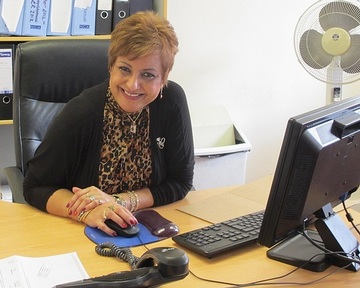 31-Mar-15
Profile: 'Both local and national Government needs to put its money where its mouth is,' says chair of the National Care Association
31-Mar-15
Profile: 'Both local and national Government needs to put its money where its mouth is,' says chair of the National Care Association
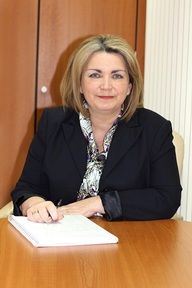 16-Dec-14
Profile: Care home turnaround specialist reveals some of the tricks of the trade
16-Dec-14
Profile: Care home turnaround specialist reveals some of the tricks of the trade
 01-Dec-14
Profile: ‘People should not be dreading going into a care home – they should be looking forward to it,’ says care home boss
01-Dec-14
Profile: ‘People should not be dreading going into a care home – they should be looking forward to it,’ says care home boss
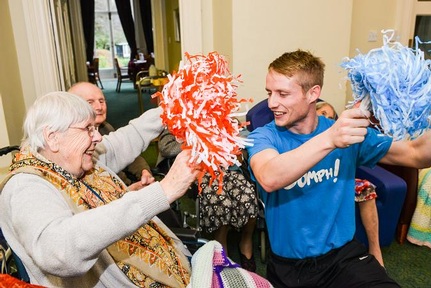 07-Oct-14
Exercise is key to 'changing the care sector' says provider of exercise therapy in care homes
07-Oct-14
Exercise is key to 'changing the care sector' says provider of exercise therapy in care homes